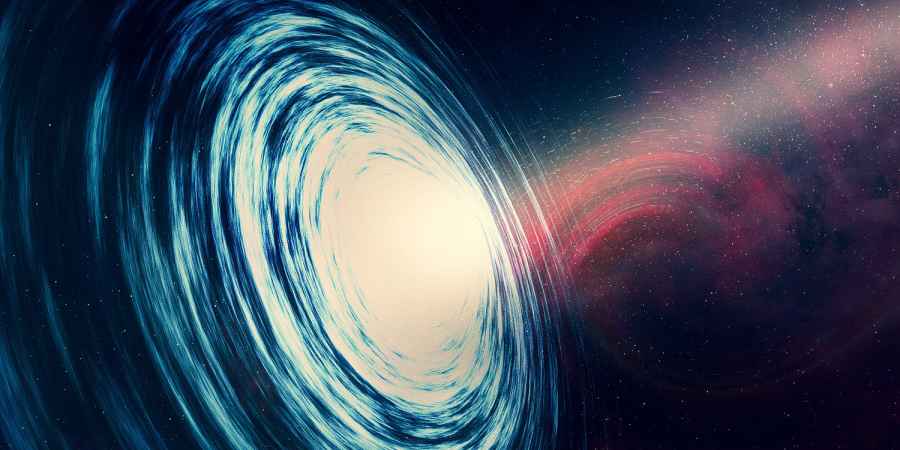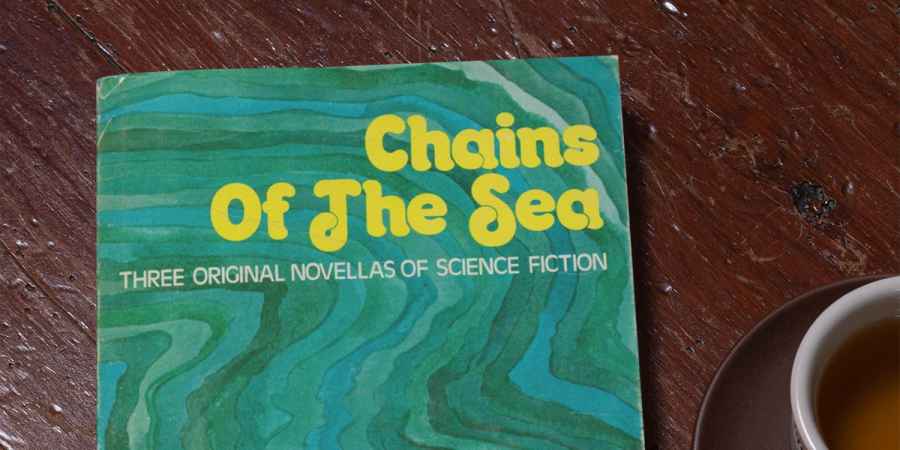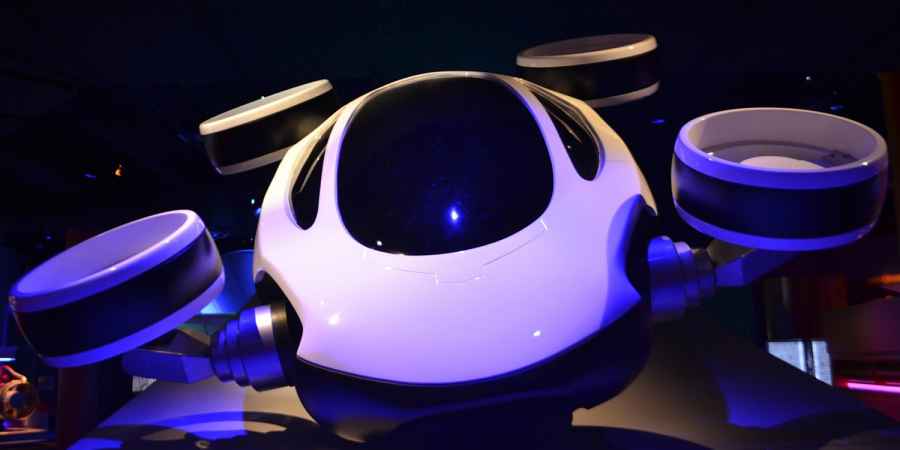End Of Life Brain Scans Reveal That Life Might Flash Before Our Eyes In Our Final Moments

Photo: Jesse Orrico

Photo: Jesse Orrico
This page is more than three years old.
Here at Higgypop HQ we're not just fascinated by the prospect of life after death, but also those final moments before death. News this week suggests that we might all have a some kind of profound experience in our final seconds.
The discovery that our lives might actually flash before our eyes in our dying moments was published in Frontiers in Aging Neuroscience and according to the article was discovered purely by accident in 2016 by a team of scientists based in Vancouver, Canada.
The team had originally set out to record the brain activity of an 87-year-old man with epilepsy, but during the experiment he suffered a fatal heart attack, unexpectedly resulting in the first-ever neurological recording of a dying brain.
Dr. Ajmal Zemmar, a co-author of the study, told the BBC, "this was actually totally by chance, we did not plan to do this experiment or record these signals."
The data revealed that 30 seconds before the moment the heart stopped supplying blood to the brain, the man's brain was showing the same kind of activity that it would if the patient had been carrying out mentally demanding tasks, like concentrating, dreaming or recalling memories.
These same brain patterns continued 30 seconds after the patient's heart stopped beating, the point at which a patient is declared dead, leading the researchers to believe that the man could have been experiencing a final recall of life.
This data suggests a final flourish of memory recall in the brain, but with this being the first time these sort of recordings have ever been examined, the researchers can't say for sure whether this is something we all experience or not.
Dr. Zemmar said, "this could possibly be a last recall of memories that we've experienced in life, and they replay through our brain in the last seconds before we die."
Ever since the accidental discovery, Dr. Zemmar has been looking for similar cases to back up his findings. While he was unsuccessful in finding any similar data relating to humans, he did come across a 2013 study carried out on rats. The research showed that there was high levels of brainwaves at the point of the rats' deaths that continued for up to 30 seconds after their hearts stopped beating.
Dr. Zemmar described the similarities between the studies as "astonishing," and added, "I think there's something mystical and spiritual about this whole near-death experience and findings like this - it's a moment that scientists live for."
Of course, it's impossible to know exactly what memories the brain was resurfacing for the epileptic patient in those final seconds. Dr. Zemmar speculated, "if I were to jump to the philosophical realm, I would speculate that if the brain did a flashback, it would probably like to remind you of good things, rather than the bad things."
Further Reading
Dive into the world of the paranormal and unexplained with books by Higgypop creator and writer Steve Higgins.

Hidden, Forbidden & Off-Limits
A journey through Britain's underground spaces, from nuclear bunkers to secret wartime sites.
Buy Now
The Killamarsh Poltergeist
The story of a family in Killamarsh experiencing strange and unexplained events in their home.
Buy NowMore Like This

ScienceMarch 10, 2025
What Ghost Hunters Mean When They Talk About Dimensions

ScienceNovember 25, 2024
Is Zero-Point Energy Being Suppressed By World Governments?

MoviesAugust 28, 2024
Cult Sci-Fi Novella 'Chains Of The Sea' Set For Big-Screen Adaptation
 See More on Audible
See More on Audible

Comments
Want To Join The Conversation?
Sign in or create an account to leave a comment.
Sign In
Create Account
Account Settings
Be the first to comment.